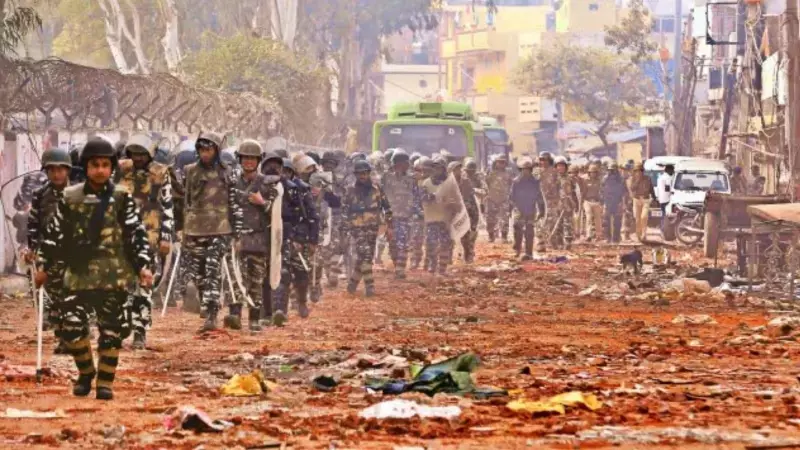
In a dramatic courtroom showdown at the Delhi High Court, petitioners embroiled in the contentious 2020 Delhi riots case have made a bold assertion: the prosecution possesses no tangible evidence linking them to the violence that shook the national capital.
The Core Legal Argument
Representing the petitioners, senior advocates Mukul Rohatgi and Siddharth Aggarwal presented a compelling case before Justice Swarana Kanta Sharma. Their fundamental argument centered on the complete absence of direct evidence connecting their clients to the alleged offenses.
"The entire case rests on assumptions and hypotheticals," the legal team contended, emphasizing that mere presence at protest sites doesn't equate to criminal conspiracy under India's stringent UAPA laws.
Prosecution's Position Under Scrutiny
The Delhi Police, representing the prosecution, maintained that the petitioners were part of a larger conspiracy behind the riots. However, defense counsel challenged this narrative, pointing to significant evidentiary gaps.
Key points raised during the hearing included:
- Lack of specific allegations connecting petitioners to violent acts
- Absence of electronic evidence proving conspiracy
- Failure to establish direct involvement in planning violence
- Questionable reliability of witness statements
Broader Implications
This hearing represents more than just another court proceeding—it touches upon fundamental questions about protest rights, legal accountability, and evidentiary standards in politically sensitive cases.
The court's eventual ruling could set important precedents for how protest-related violence cases are prosecuted in India, particularly those involving the controversial UAPA legislation.
Justice Sharma has reserved judgment in the matter, leaving legal experts and civil society observers awaiting a decision that could reshape the landscape of protest-related prosecutions in India.






